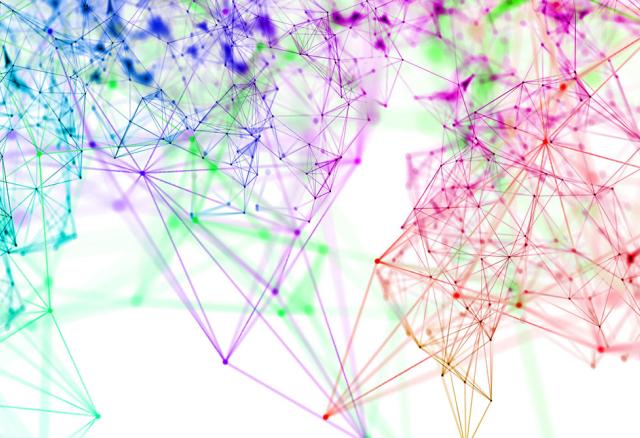An Exciting Juncture for Signal Processing Research: On Building Bridges, Challenges, and Opportunities
A warm greeting to the signal processing community as I start my term as the editor-in-chief of IEEE Signal Processing Magazine ( SPM ). I hope to be worthy of the confidence invested in me and to be able to follow successfully in Christian Jutten’s footsteps.






